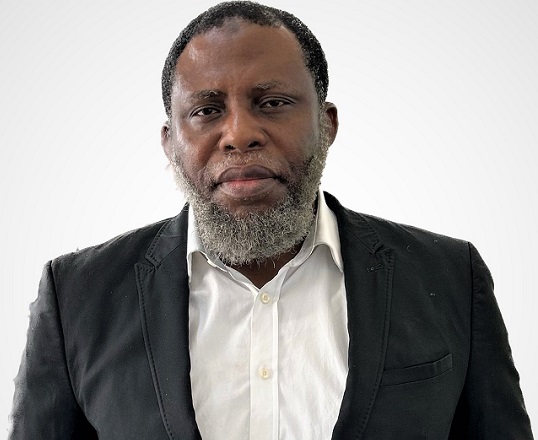The Society of Petroleum Engineers will work towards extracting more value from technical papers at the oragnsiation’s disposal to drive sustainable growth in upstream operations, Yisa Adeeyo, Senior Advisor, Reservoir Engineering, Asharami Energy, has said.
Adeeyo, who is the newly appointed Chairman, Technical Papers Sub-Committee of SPE Nigeria Council Technical Standing Committee, disclosed this while speaking on the role the society could play in shaping the future of the sector.
He said Asharami Energy, a Sahara Group Upstream Company, would work closely with the SPE and other stakeholders to increase the impact of the society’s operations across the energy sector value chain through more learning and development platforms.
He said, “The SPE can also offer educational opportunities to help engineers and other professionals learn how to convert technical papers into problem-solving technology in the oil and gas space to facilitate better resource efficiency, emissions reduction and fit-for-purpose solutions in the sector’s quest for cleaner energy.”
The Society of Petroleum Engineers is a not-for-profit professional association whose members are engaged in energy resources development and production.
SPE serves more than 124,800 members in 134 countries worldwide, providing a forum for the exchange of technical knowledge and the advancement of sound engineering practices.
Speaking on his appointment as Chairman, Technical Papers Sub Committee, Adeeyo said, “I see this as a recognition of my contribution to oil and gas technical knowledge and commitment to the SPE and its objectives. The position will give me a strong platform to contribute significantly to transfer of knowledge and the growth and development of research and innovative technologies in the oil and gas industry in Nigeria.”
He noted that the upstream sector in Nigeria was facing several major challenges, including the need to attract investment, improve infrastructure and address security concerns.
“Insecurity is a major challenge, as oil facilities and personnel have been targeted by vandal groups. Infrastructure constraints, such as the lack of pipelines and refining capacity, have also hampered the sector,” he stated.
The sub-committee chairman pointed out that the SPE can play a role in helping to address these challenges by providing technical assistance and training, as well as advocating for more investment in the sector.
“The society can also provide a forum for sharing of best practices. In this regard, the availability, accessibility, and usability of cutting-edge technology in pipeline surveillance, oil field digitalisation and automation will be of premium benefit to the industry. I believe the SPE should set the pace in the national discourse on alternative optimal technology in the oil and gas sector.”
Underscoring the need for preparing young engineers for the future, Adeeyo said Sahara Group’s commitment to generational sustainability continues to drive Asharami Energy’s investment in training programmes for all levels of employees.
He said Asharami Energy responds to constantly evolving trends in the sector by giving its employees access to sundry capacity building opportunities that keep them resourceful, knowledgeable, and dynamic.
“Asharami Energy also provides mentorship opportunities for its young engineers, equipping them to grow and enhance their knowledge in a unique way that stands out in the upstream sector in Africa. By investing in the training and development of its employees, the company is ensuring sustainability and realizing its vision of bringing energy to homes, lives, communities, and businesses responsibly,” he concluded.
